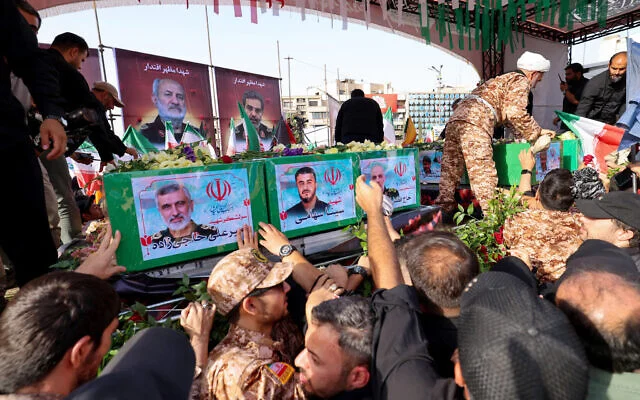Fresh reports emerging from Israeli defense channels, as cited by local media outlet Ynet, indicate growing concern within Tel Aviv’s security establishment over what they describe as coordinated efforts by Russia and China to bolster Iran’s military resurgence. Senior Israeli defense officials are said to have flagged intelligence suggesting that both global powers are actively supporting Tehran’s renewed drive to modernize and expand its military capabilities.
According to these claims, the assistance reportedly spans across various strategic sectors, including air defense, missile technology, cyber warfare infrastructure, and the provision of advanced hardware, either through direct sales or technical collaboration. Sources within Israel’s military intelligence community argue that the trilateral relationship between Moscow, Beijing, and Tehran is evolving beyond diplomatic alignment into a more structured defense partnership, potentially altering the strategic balance across the Middle East.
The report comes amid an already tense geopolitical climate, where Iran has been visibly ramping up efforts to re-equip its armed forces following years of sanctions, isolation, and equipment obsolescence. With the recent developments surrounding Iran’s negotiation to acquire over 40 Chengdu J-10C fighter jets from China, and earlier reports of enhanced satellite cooperation with Russia, Israeli analysts are interpreting these signals as part of a broader regional realignment—one that is steadily eroding Western military influence.
international security analysts note that the concerns voiced by Israel are not without precedent. The deepening of military and technological ties between Iran and non-Western allies has accelerated since the expiration of key arms embargo provisions under the United Nations Security Council Resolution 2231 in 2020, which was part of the Iran nuclear deal framework. Since then, Iran has been legally able to procure conventional weapons, and it appears determined to take full advantage of that opening.
Defense experts warn that an emboldened Iran, backed by two of the world’s largest military powers, could increase the risk of escalation in an already volatile region. For Israel, whose national security strategy is heavily reliant on maintaining technological and operational superiority, any such shift presents a direct challenge. Strategic cooperation between Iran, Russia, and China could also complicate future diplomatic interventions, including those aimed at nuclear non-proliferation and regional de-escalation.
While officials from Moscow and Beijing have consistently framed their engagements with Iran as part of routine bilateral cooperation, critics argue that the frequency and nature of these exchanges go beyond mere economic or diplomatic partnership. Instead, they point to a convergence of interests aimed at countering U.S. and allied influence across multiple regions, including the Middle East, the Indo-Pacific, and Eastern Europe.
As of now, Iranian officials have not publicly acknowledged any such trilateral military coordination. However, the growing volume of evidence being cited by Israeli sources underscores rising regional anxieties, and reinforces calls within Israel for a recalibration of its defense and diplomatic posture as new global alignments continue to emerge.

